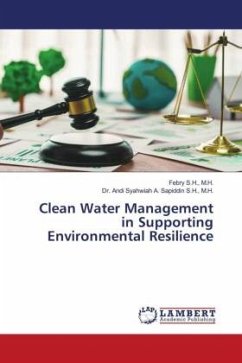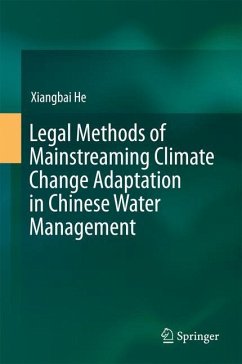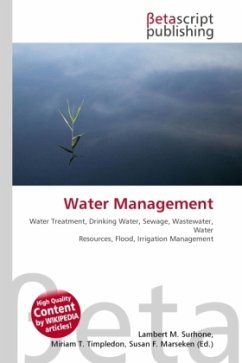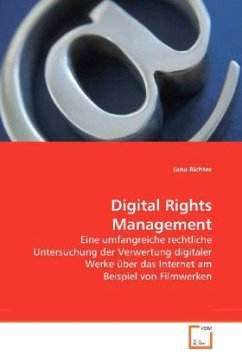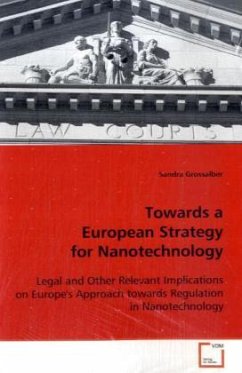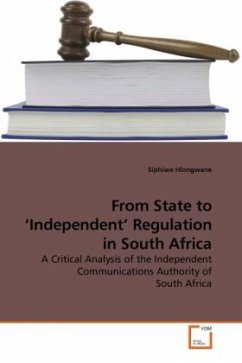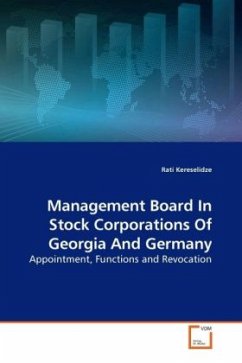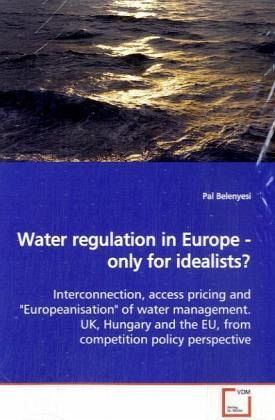
Water regulation in Europe - only for idealists?
Interconnection, access pricing and "Europeanisation" of water management. UK, Hungary and the EU, from competition policy perspective.
Versandkostenfrei!
Versandfertig in 6-10 Tagen
39,99 €
inkl. MwSt.

PAYBACK Punkte
20 °P sammeln!
Water is a scarce resource in Europe. However,scarcity differs from the North to the South. Indifferent member states of the European Union, underdifferent water management regimes the final price ofwater reflects diverging approaches to water supply.Water being a scarce resource and water supply beingcharacterized as a natural monopoly with large scaleeconomies, whether consumers are given the choice tochoose from readily available offers largely dependson under what conditions competitors can access theincumbent operators grid. Competitive prices canonly be offered to end users if the condit...
Water is a scarce resource in Europe. However,
scarcity differs from the North to the South. In
different member states of the European Union, under
different water management regimes the final price of
water reflects diverging approaches to water supply.
Water being a scarce resource and water supply being
characterized as a natural monopoly with large scale
economies, whether consumers are given the choice to
choose from readily available offers largely depends
on under what conditions competitors can access the
incumbent operators grid. Competitive prices can
only be offered to end users if the conditions are
given to the alternative service providers new
entrants - to efficiently deliver services. Still, a
lot will depend on enforcement.
In the UK, in Hungary and in the EU different regimes
are in place. However, the target is the same: low
prices, consumer choices and efficient use of
resources. Is this possible? What is the tool to
achieve this? How can law and economics be
supportive? Is there an access pricing regime that
applies to all as in telecommunications? This is
piece aims to find the answer.
scarcity differs from the North to the South. In
different member states of the European Union, under
different water management regimes the final price of
water reflects diverging approaches to water supply.
Water being a scarce resource and water supply being
characterized as a natural monopoly with large scale
economies, whether consumers are given the choice to
choose from readily available offers largely depends
on under what conditions competitors can access the
incumbent operators grid. Competitive prices can
only be offered to end users if the conditions are
given to the alternative service providers new
entrants - to efficiently deliver services. Still, a
lot will depend on enforcement.
In the UK, in Hungary and in the EU different regimes
are in place. However, the target is the same: low
prices, consumer choices and efficient use of
resources. Is this possible? What is the tool to
achieve this? How can law and economics be
supportive? Is there an access pricing regime that
applies to all as in telecommunications? This is
piece aims to find the answer.




